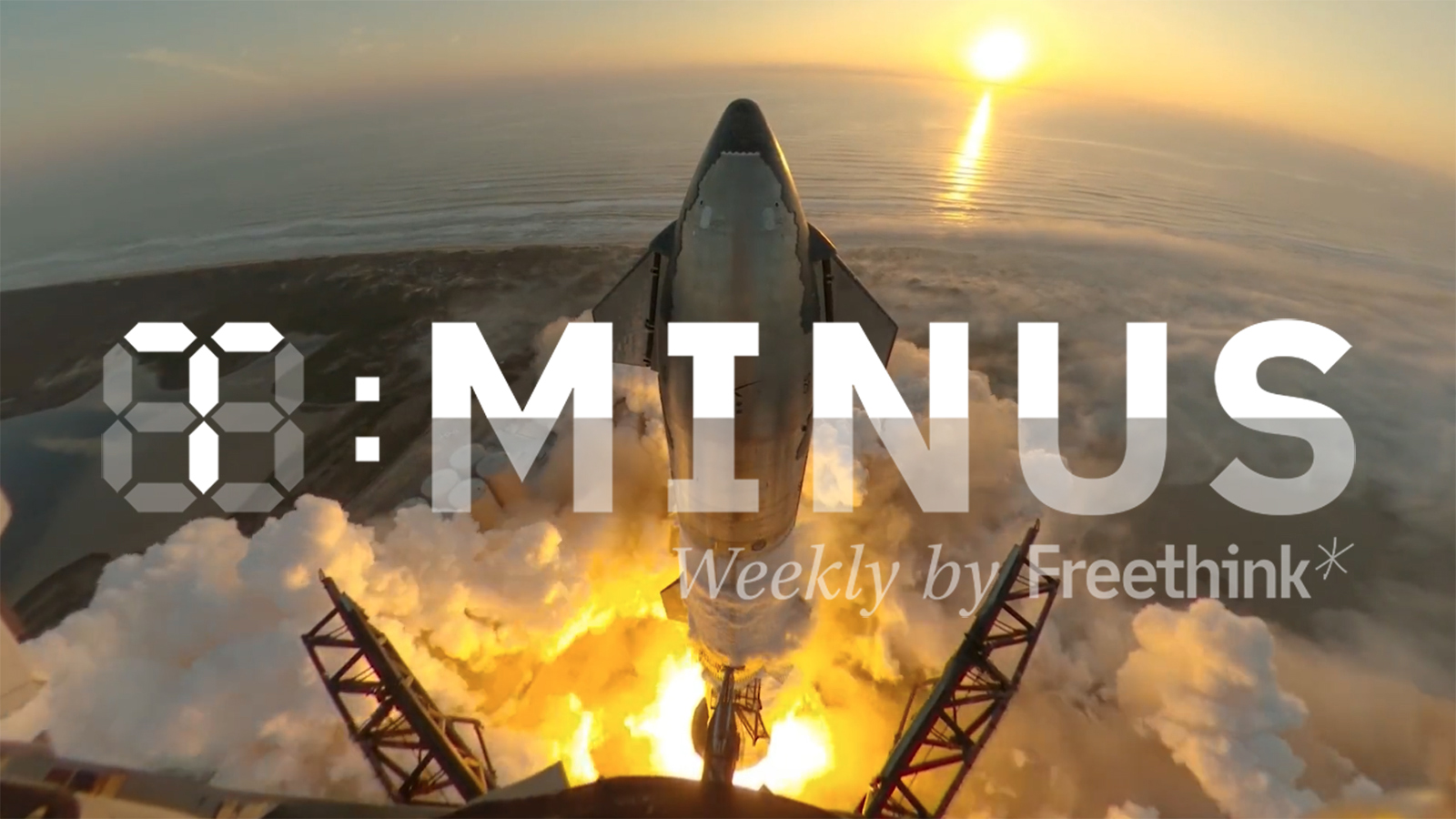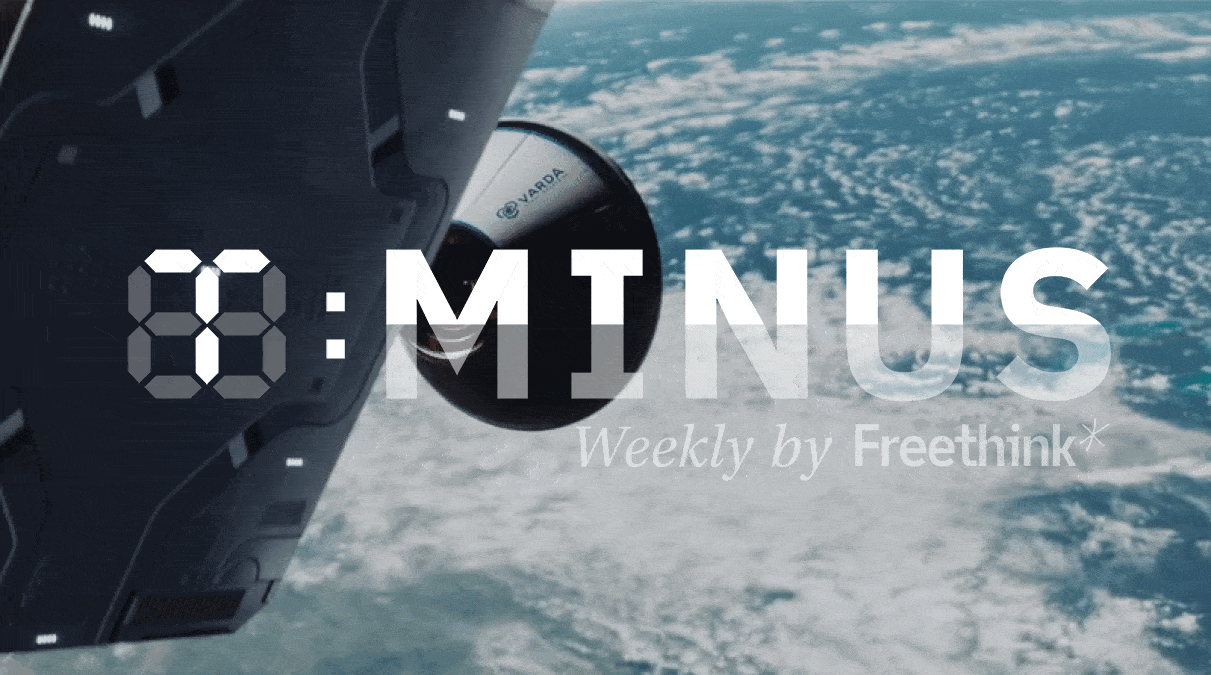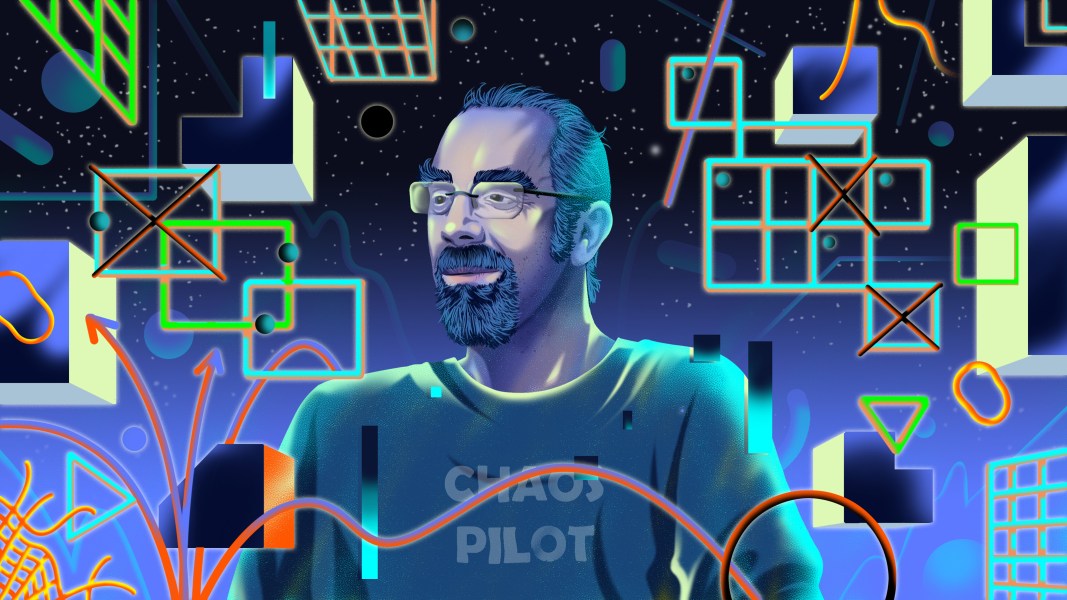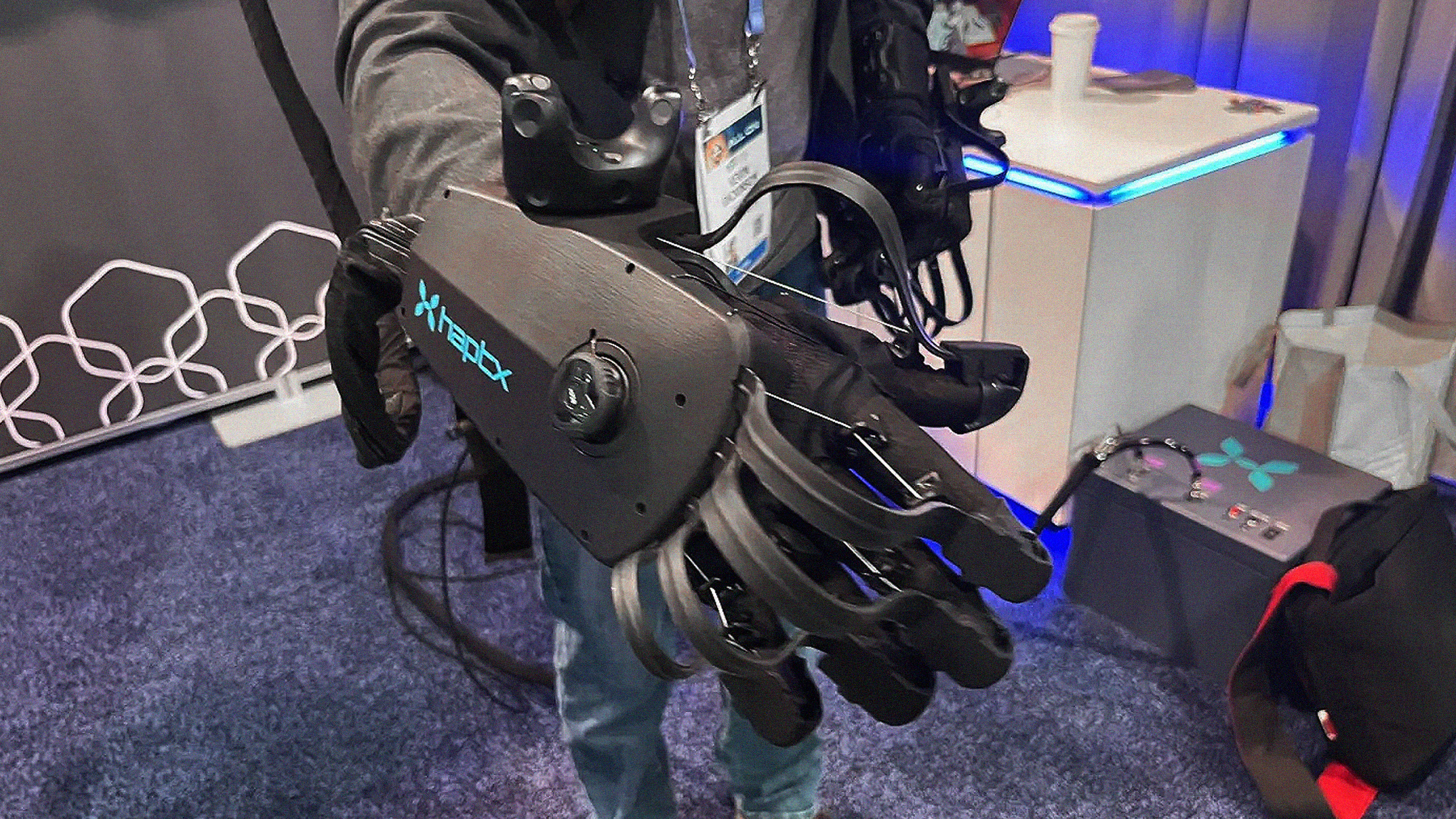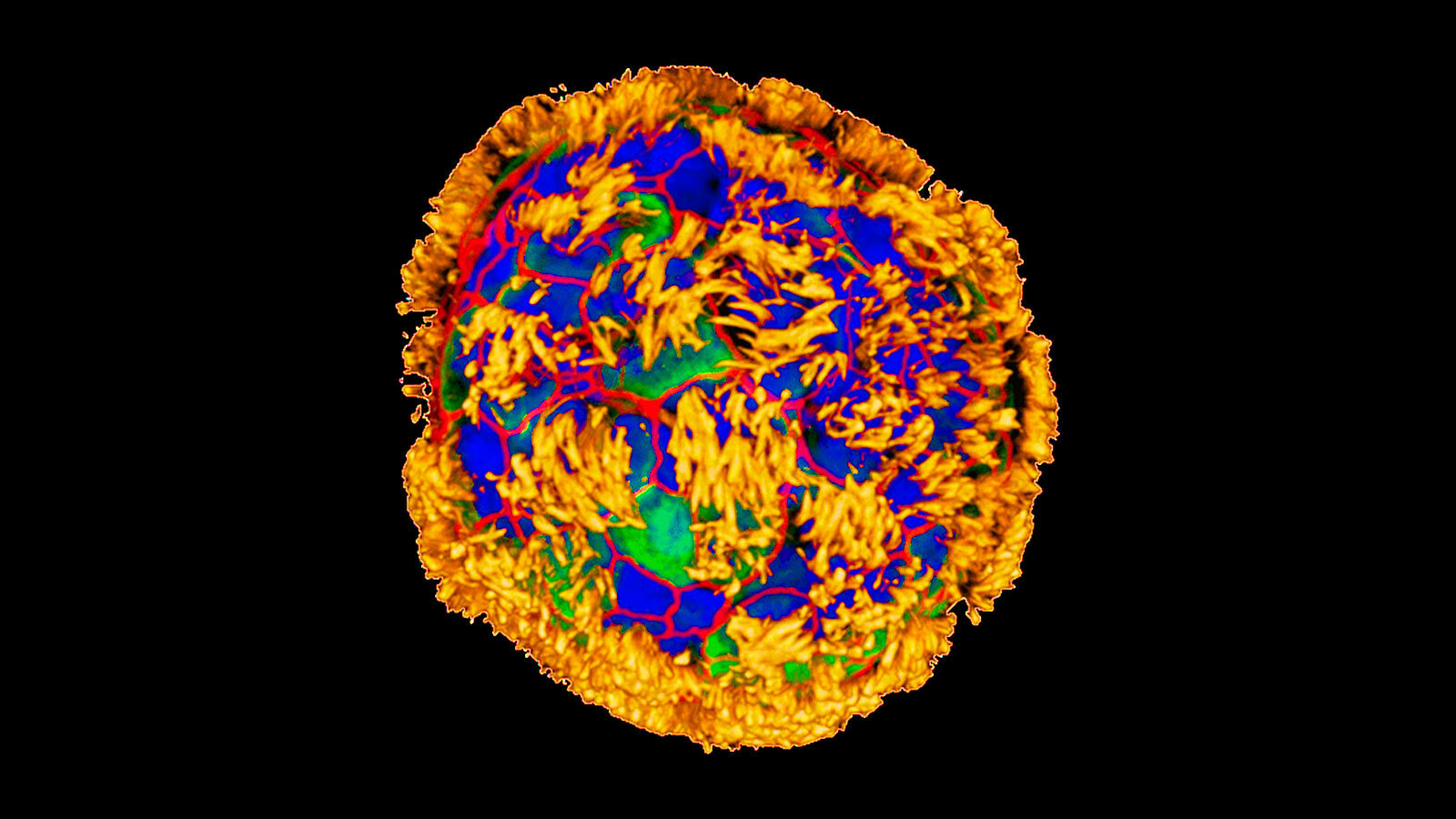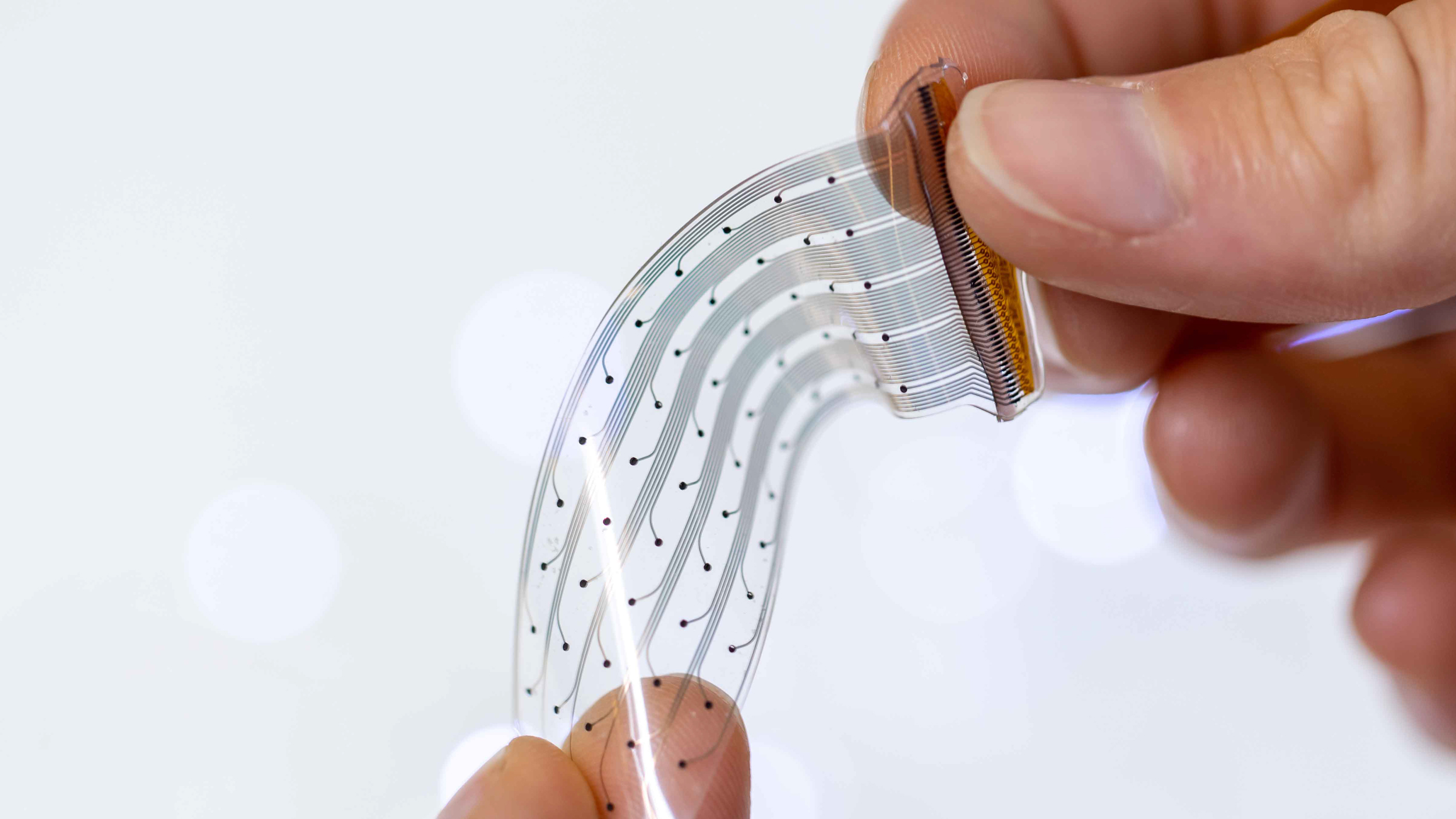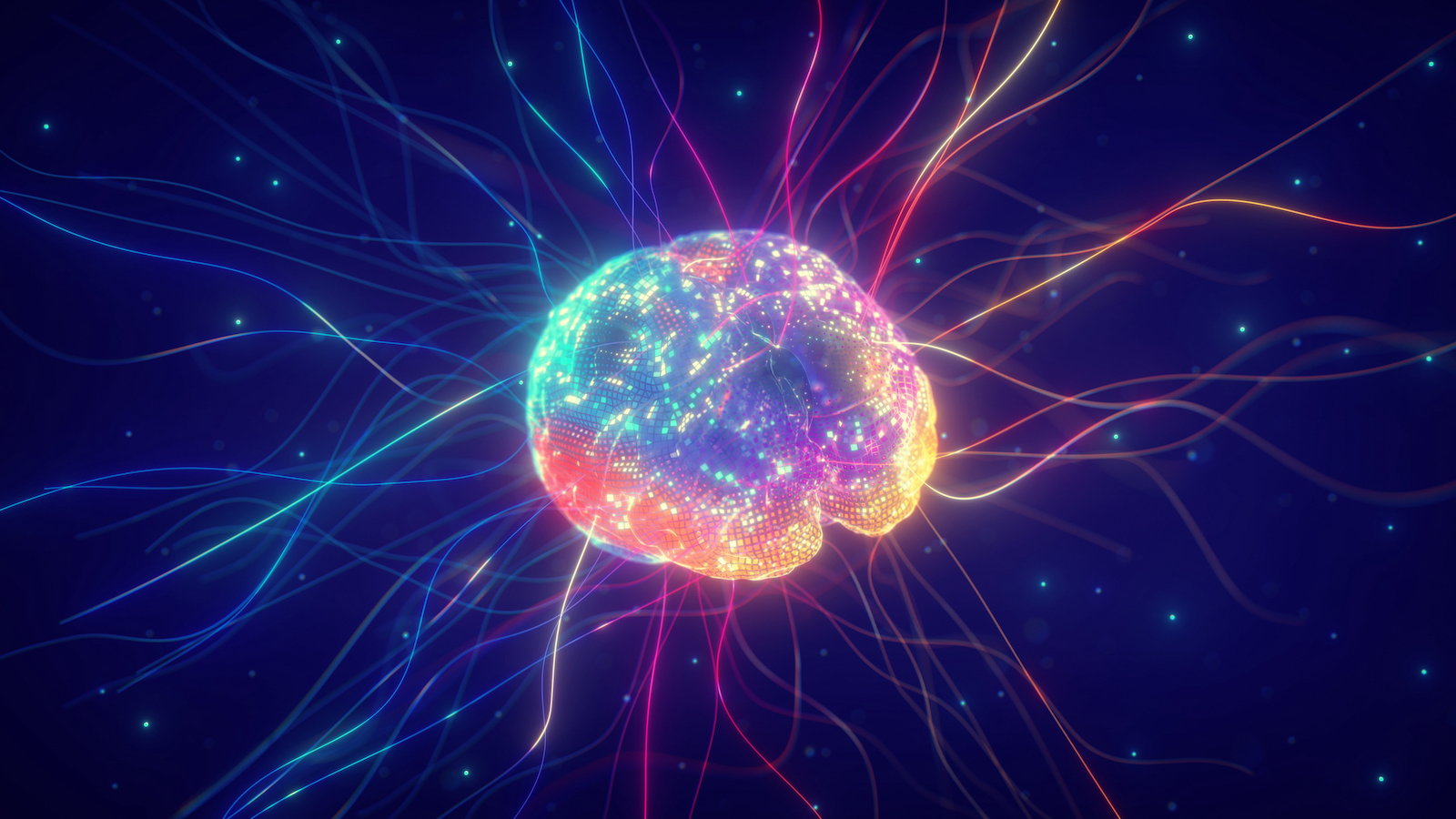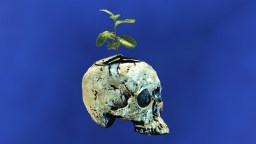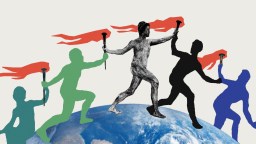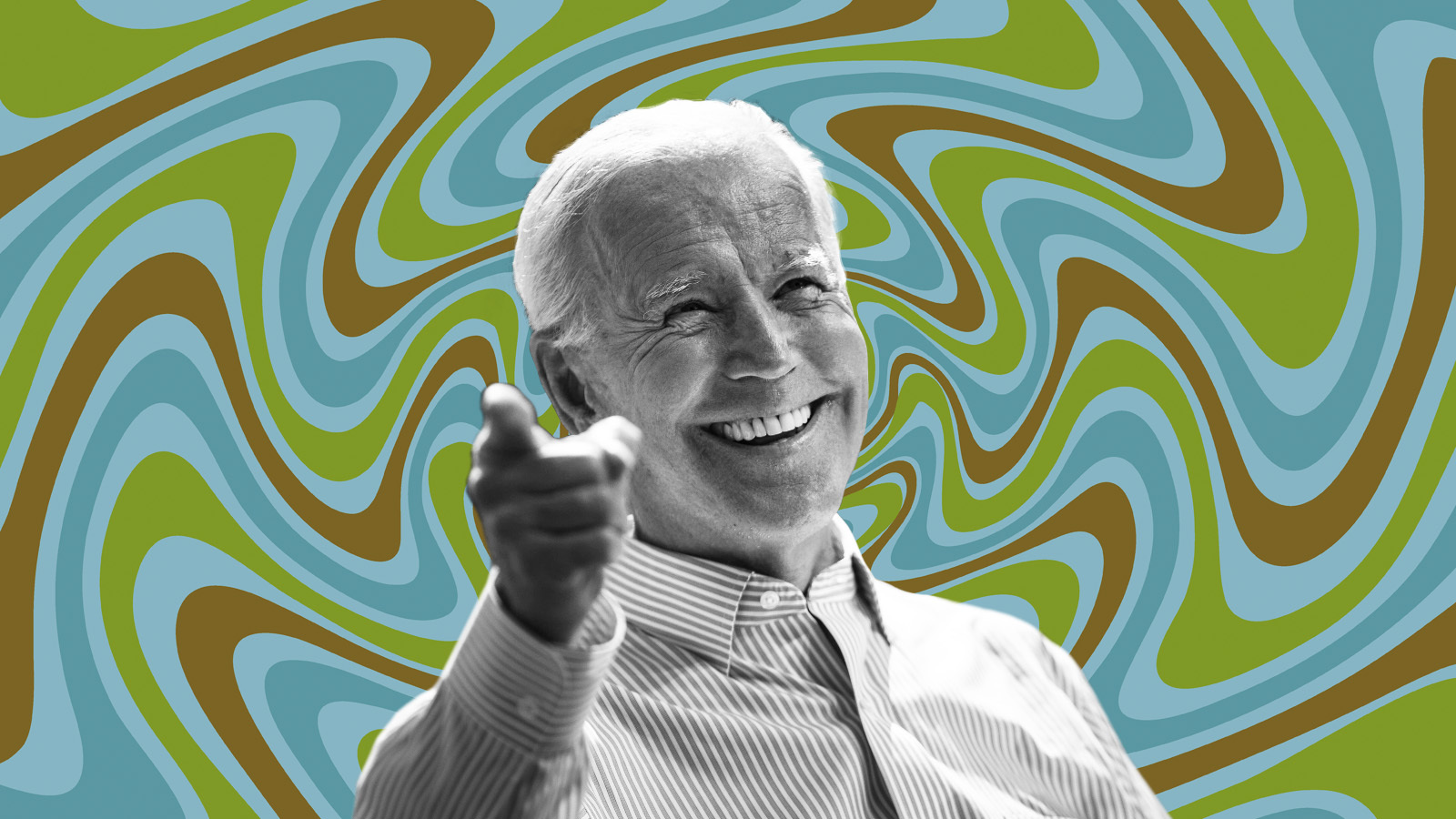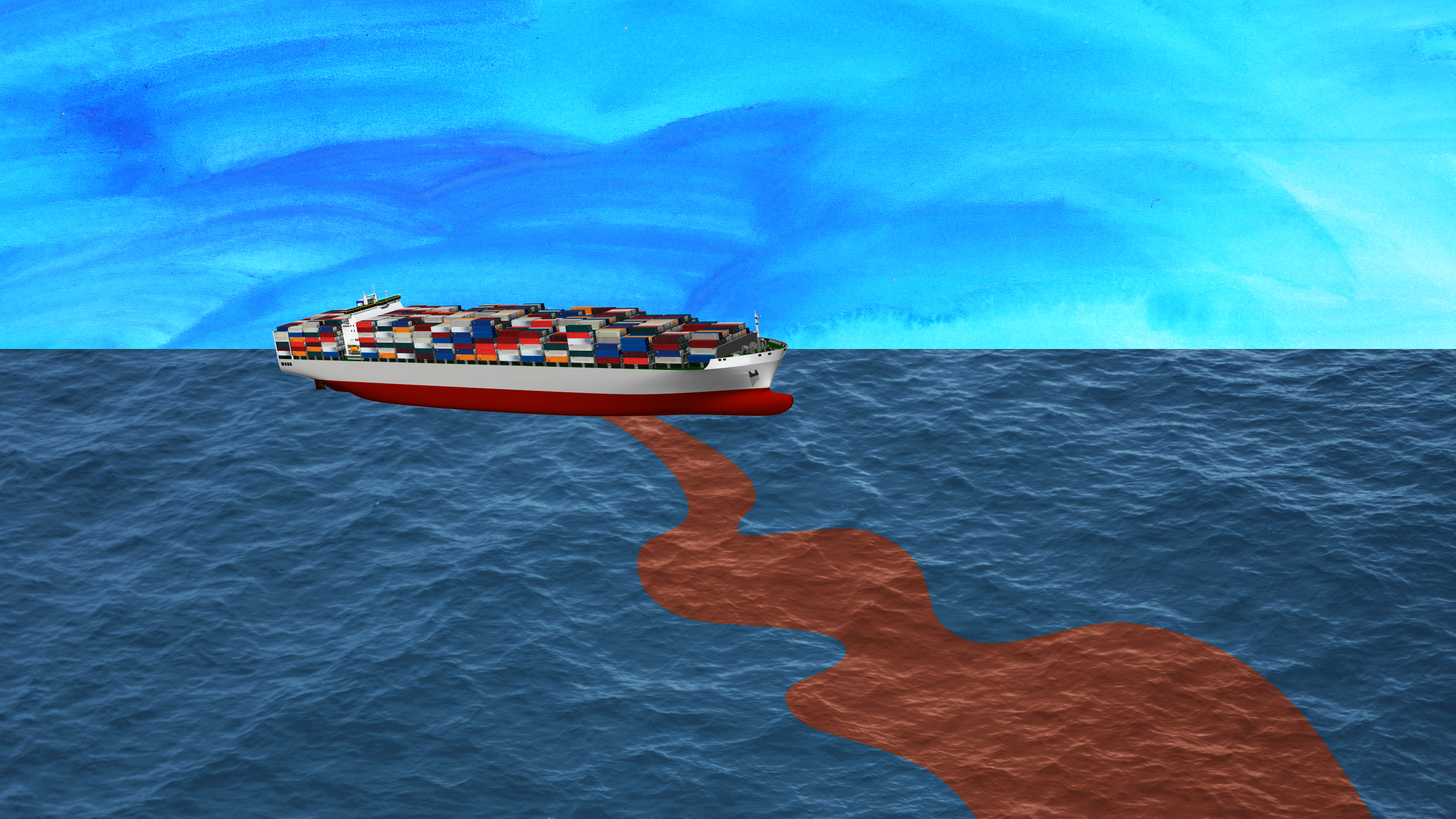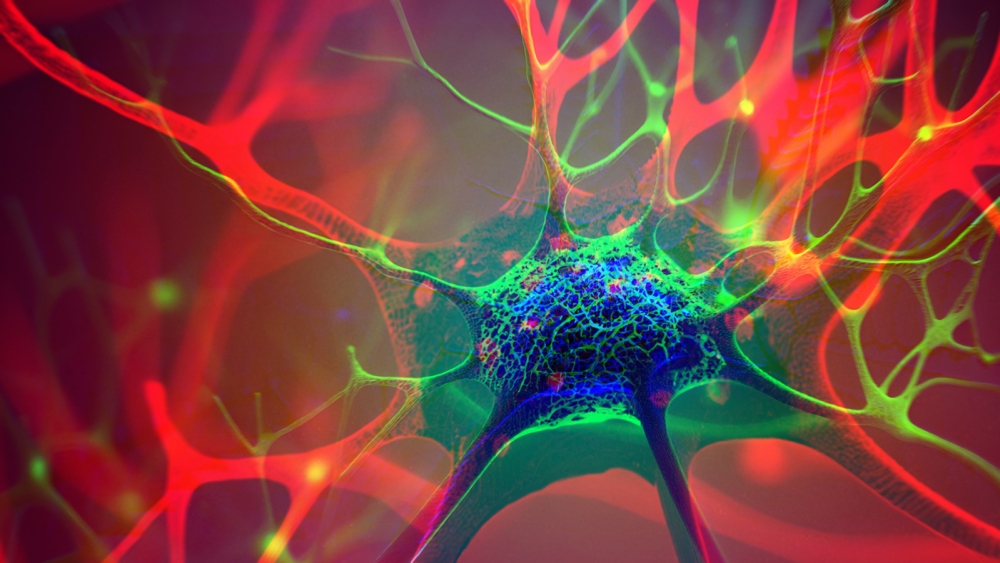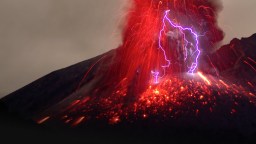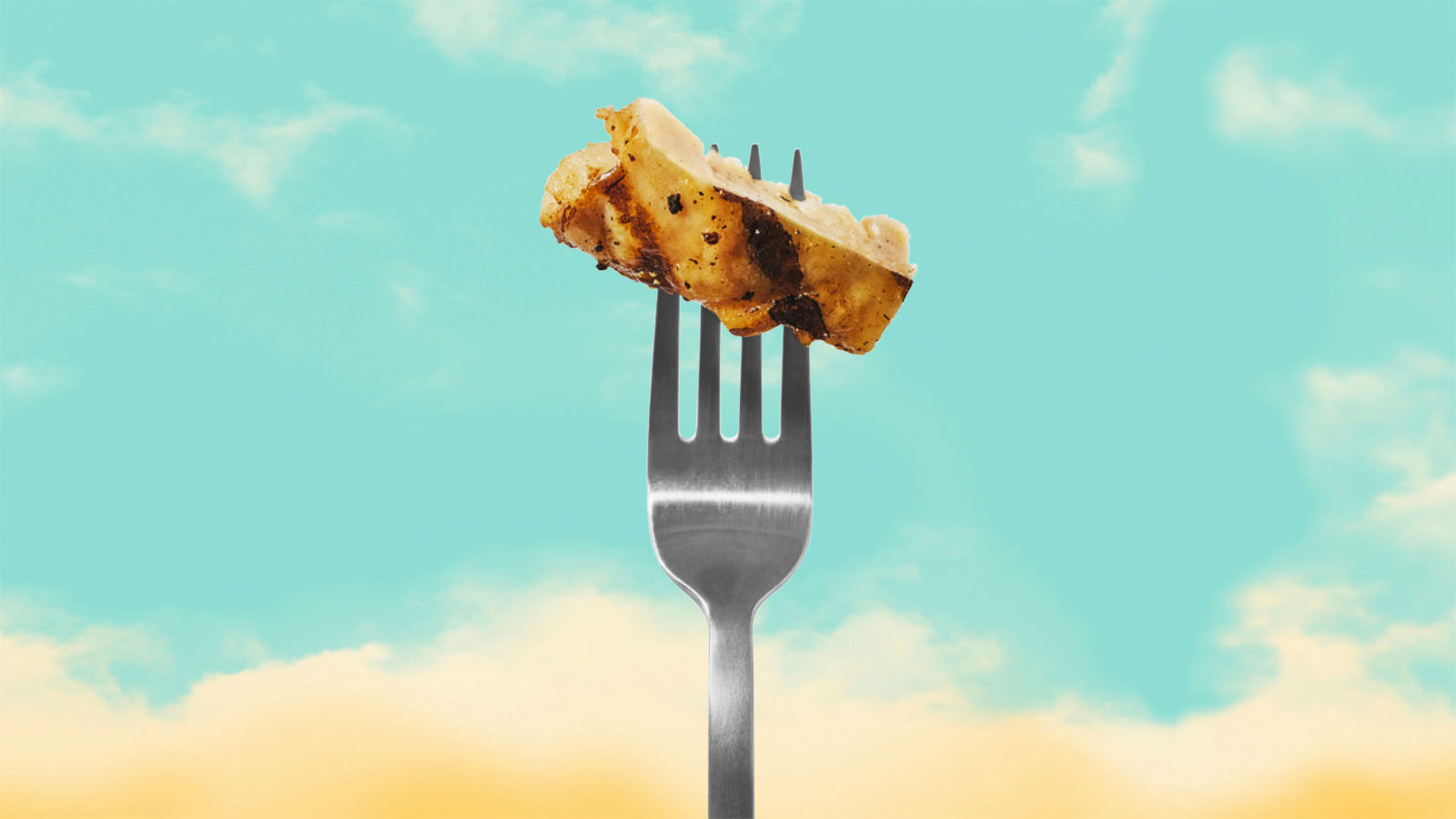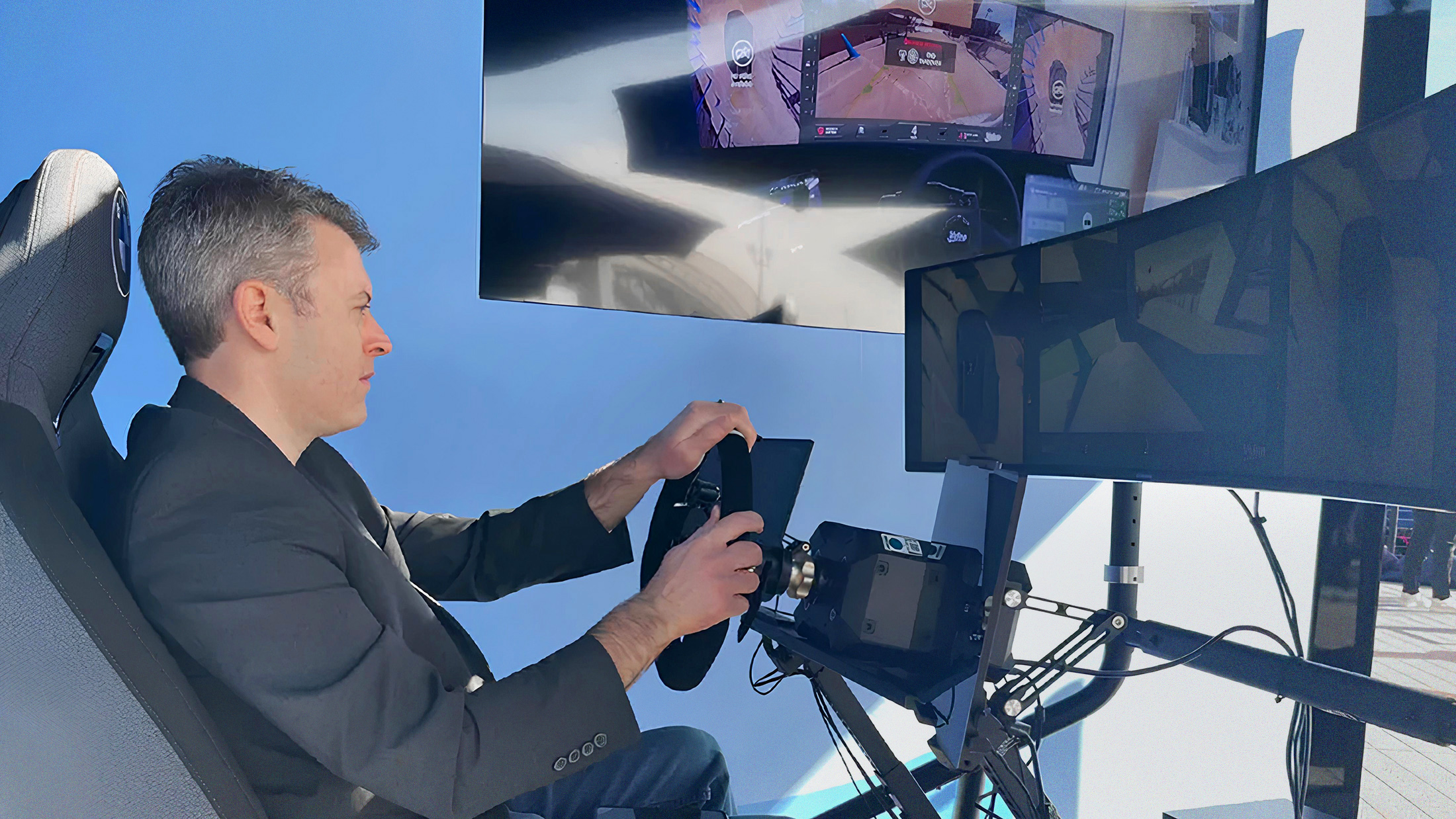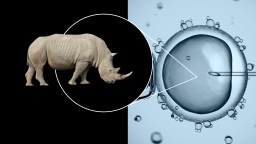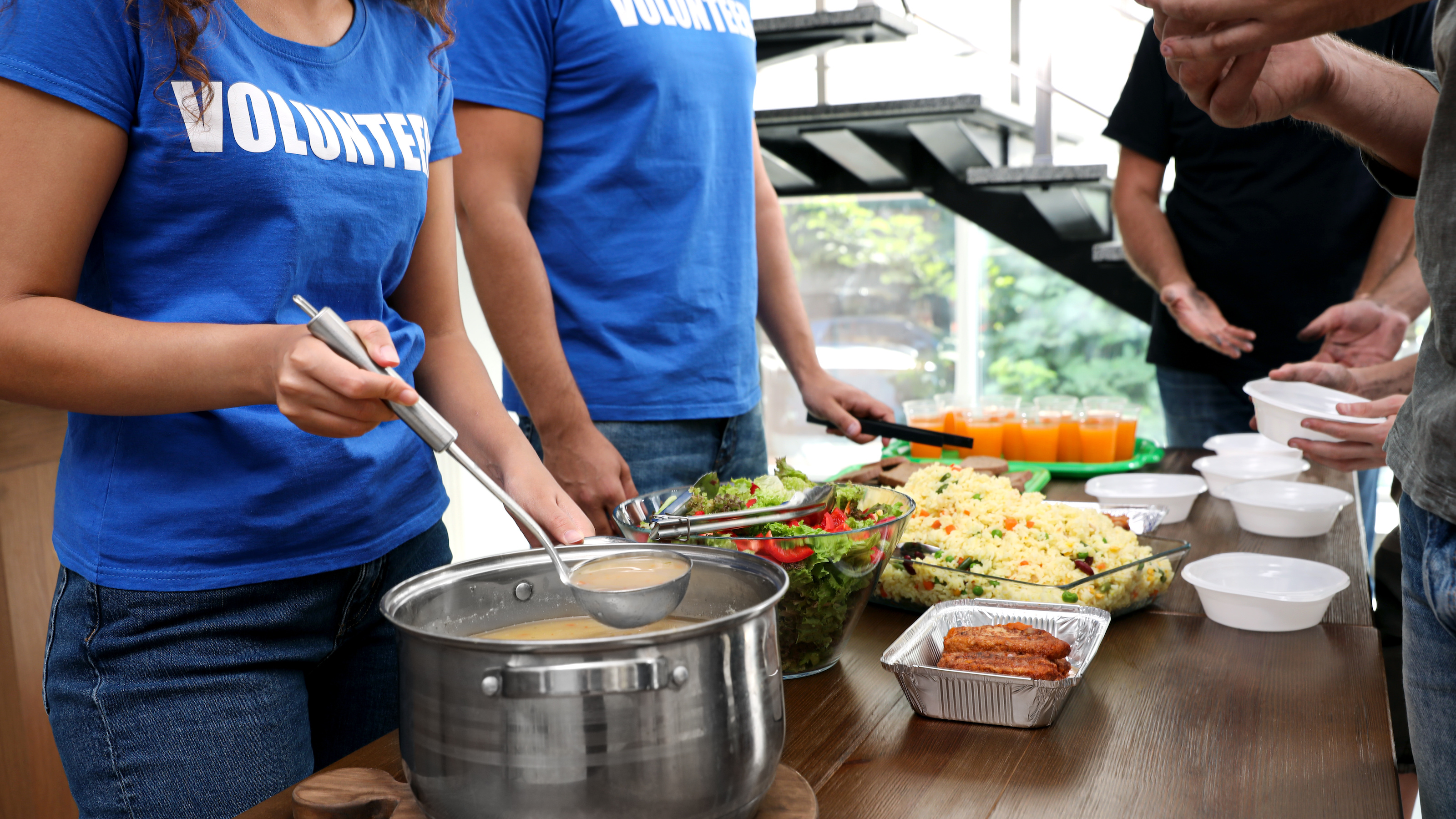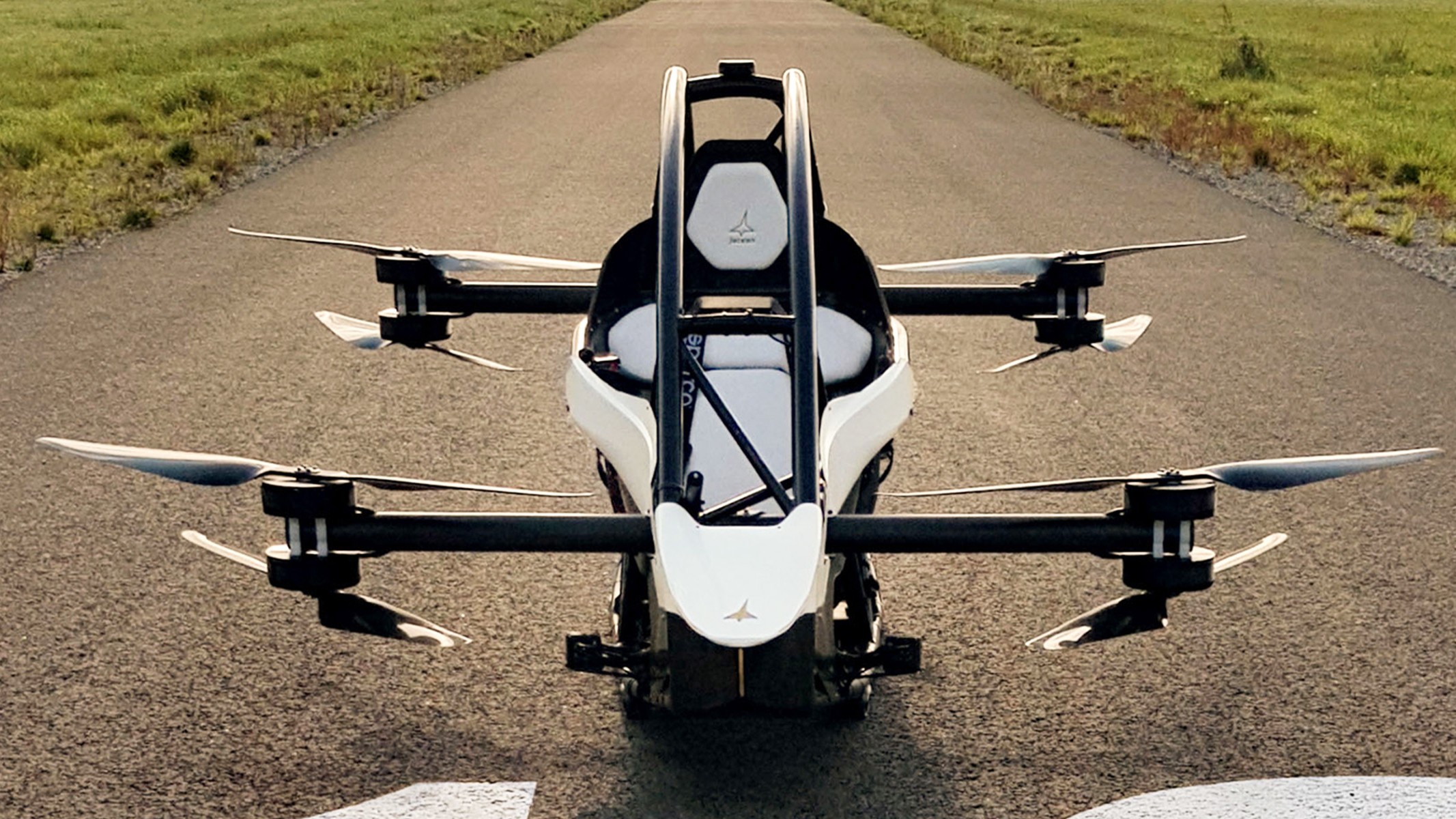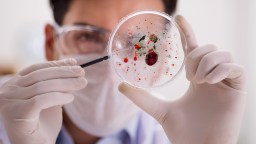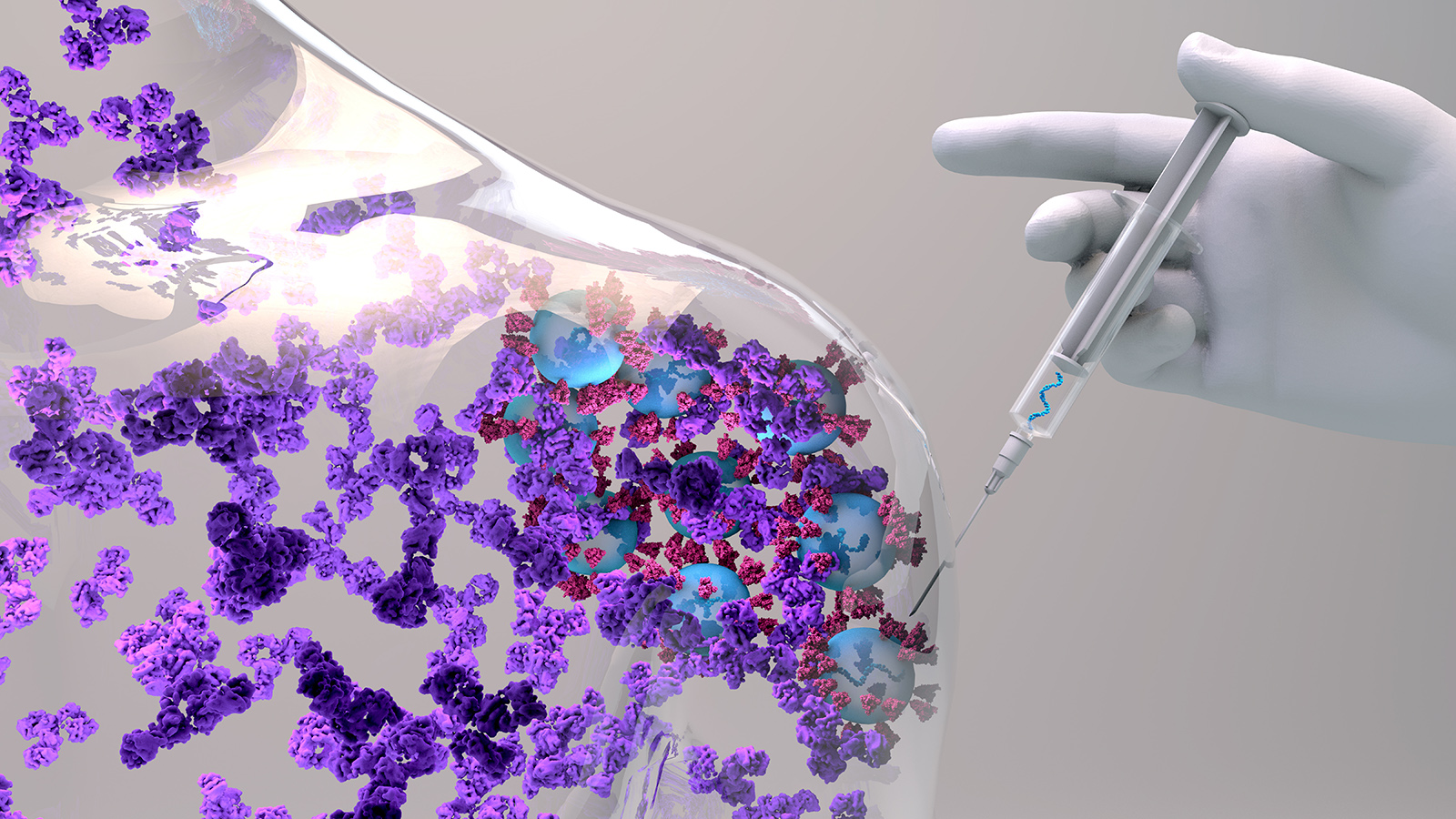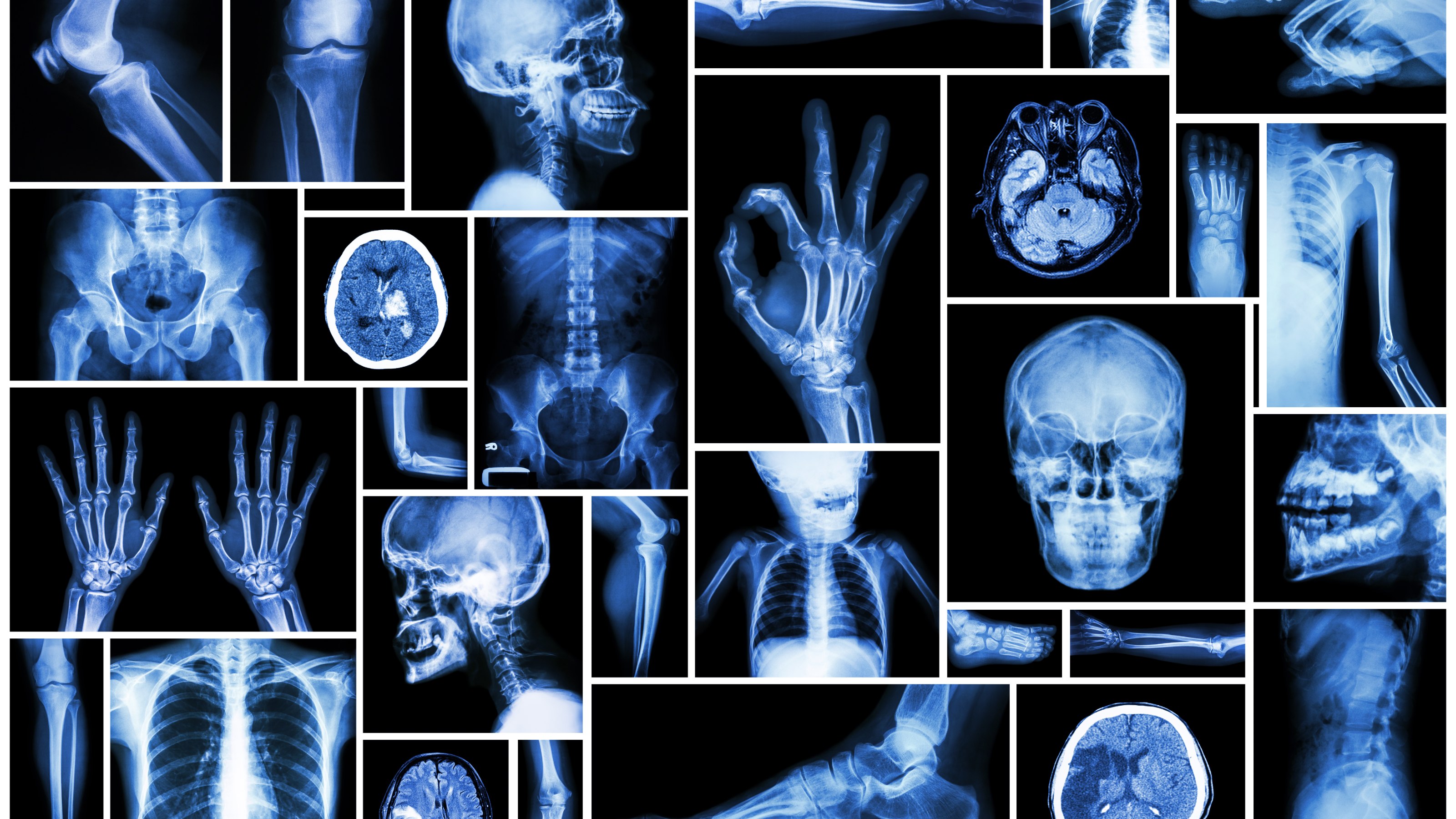Freethink’s weekly countdown of the biggest space news, featuring Starship’s second test flight, a new “dark mysteries” telescope, and more.
Search Results
You searched for: Freethink *
Freethink’s weekly countdown of the biggest space news, featuring a stranded space factory, Jeff Bezos’ new moon lander, and more.
His grandfather, a member of Oppenheimer’s atomic bomb team, foresaw the potential of nuclear energy to power cities — not destroy them.
HaptX gloves provide high-fidelity touch feedback of virtual spaces (and they look cool, too).
The initial study lays the groundwork for another larger, longer phase 2 trial.
The bots started as windpipe cells, yet they helped nerve cells repair and grow.
It has already been trialed in people and could give us a better way to analyze and stimulate the brain.
The synthetic cartilage was made from cellulose fibers — the stuff found in wood — mixed with a goo called polyvinyl alcohol.
Most patients with cancer die from metastasis. Stopping it would be a major advance in cancer therapy.
The DARPA-funded memory prosthesis helps the brain retain new information.
The problem with today’s AI isn’t it thinking for itself; it’s the tech telling humans whatever we want to hear.
The futurist behind Minority Report explains 3 steps for predicting what comes next.
▸
9 min
—
with
Futurist Ari Wallach asks, “how do we want to be remembered?”
▸
8 min
—
with
WIRED founder Kevin Kelly explains why progress often looks like dystopia to the untrained eye.
▸
7 min
—
with
Here’s what it means for the field.
Ocean fertilization is extremely controversial, but if done correctly, it just might work.
An interview with economist Tyler Cowen on why American progress has seemed to stall and how we can get it back on track.
▸
5 min
—
with
New research shows psychedelics activate receptors inside brain cells that other compounds, like serotonin, cannot.
The 1815 eruption of Mount Tambora is one of the reasons why Bryan Walsh sees supervolcanoes as the” single, biggest threat to the human race.”
▸
with
It will be able to produce 22 million pounds of cultivated meat annually.
BMW found it’s possible to remote-drive vehicles using available technology. All it takes is some software updates and a cellular network connection.
Poachers drove the Northern White Rhino to extinction. One scientist and her “frozen zoo” are on a mission to bring them back.
▸
7 min
—
with
A team of scientists hopes deep-earth lithium could sustain America’s vast demand for batteries. But extracting it won’t be easy.
Lost in a building or underwater? A new muon-based navigation system could be your guide.
Americans are more willing to put the greater good above their own interests today than in the 1950s.
More than 150 companies are developing flying cars. Here’s why they’re aren’t yet off the ground and darting across city skies.
This Yale researcher is creating an experimental therapy for cystic fibrosis made from viruses – and it’s working.
▸
with
A new wave of preventative cancer vaccines are set to begin trials.
More humans are being born with a third arm artery, an example of microevolution happening right before our eyes.
